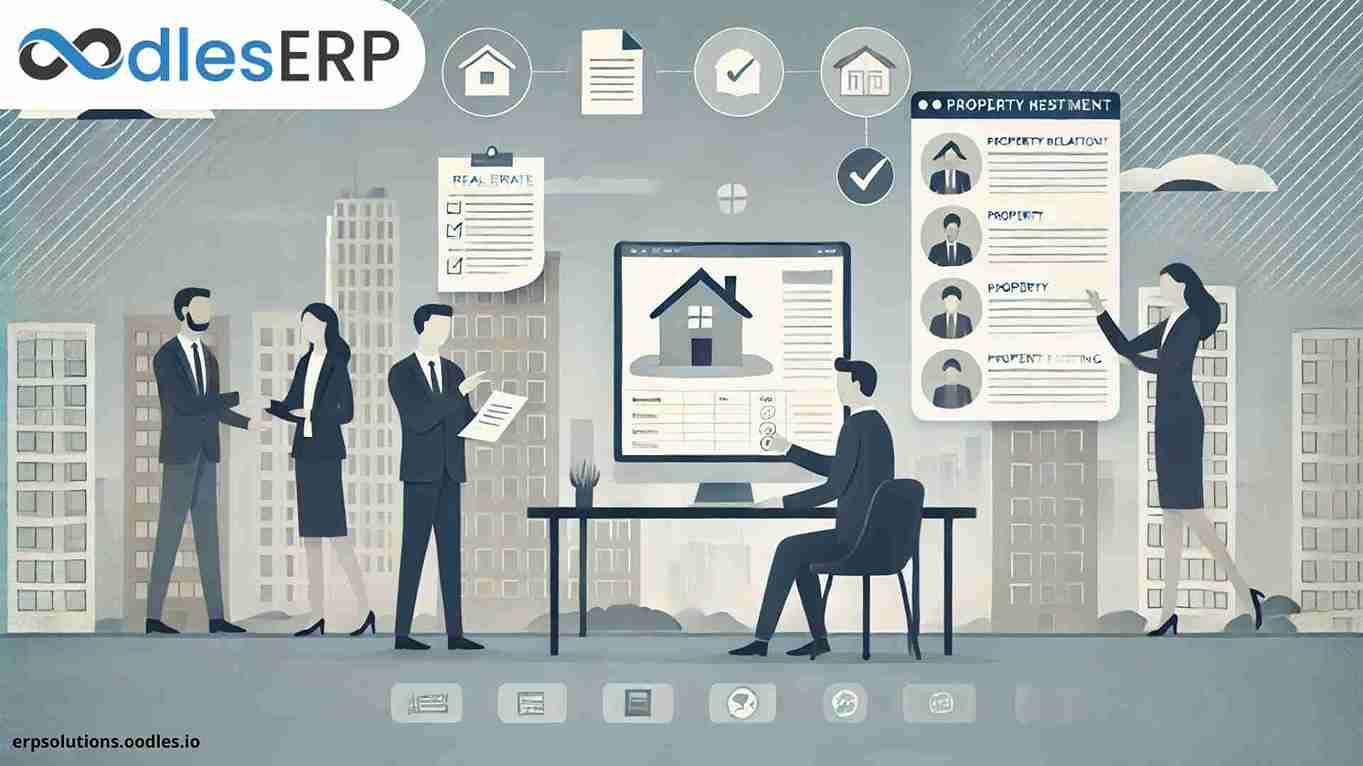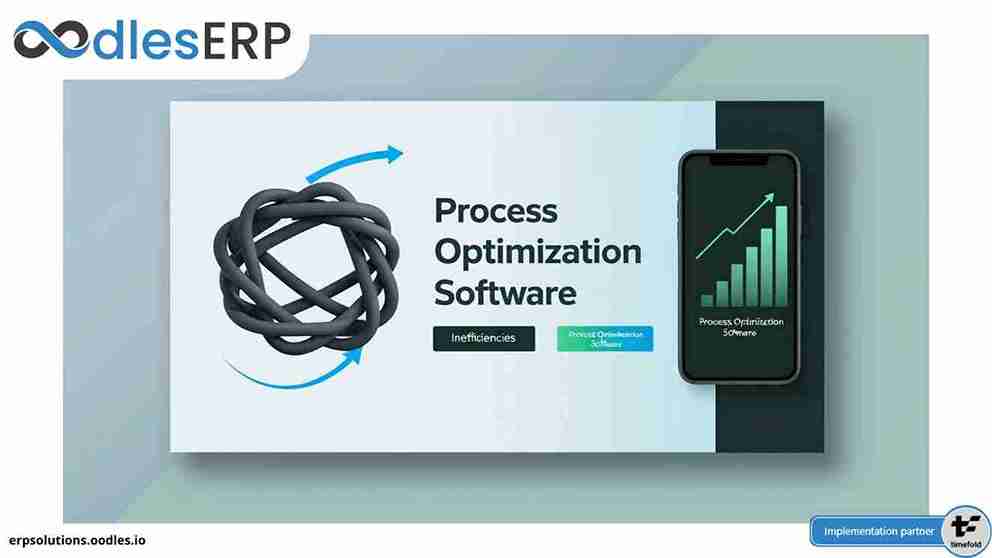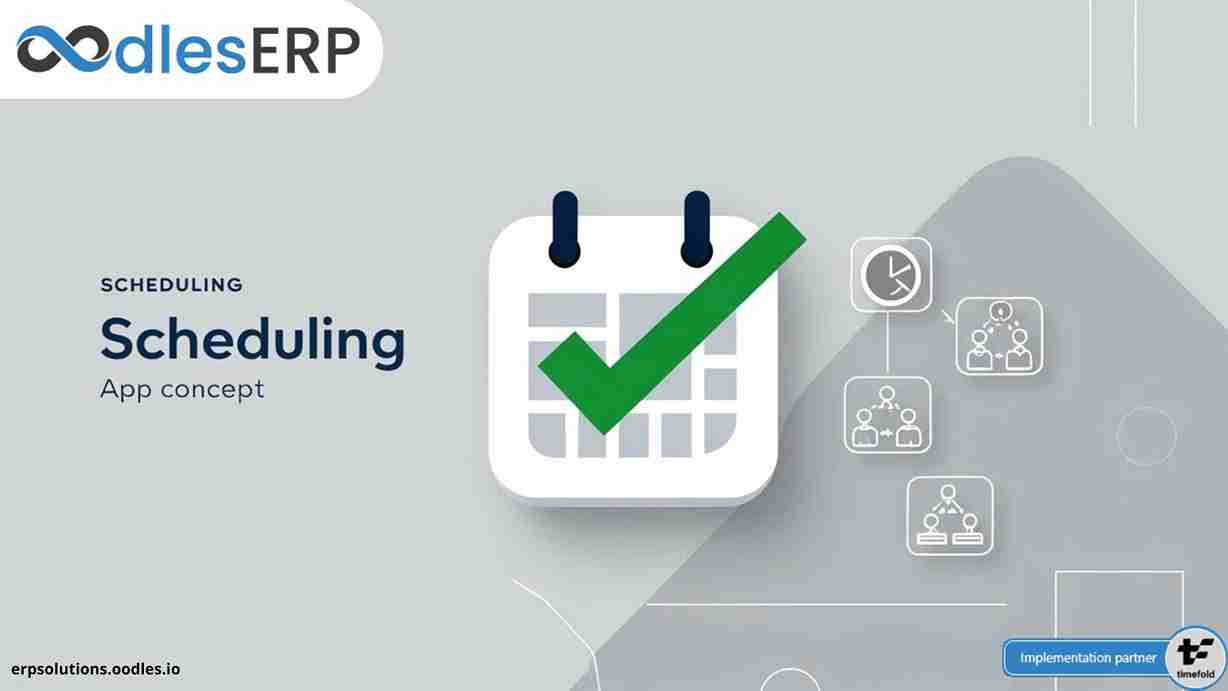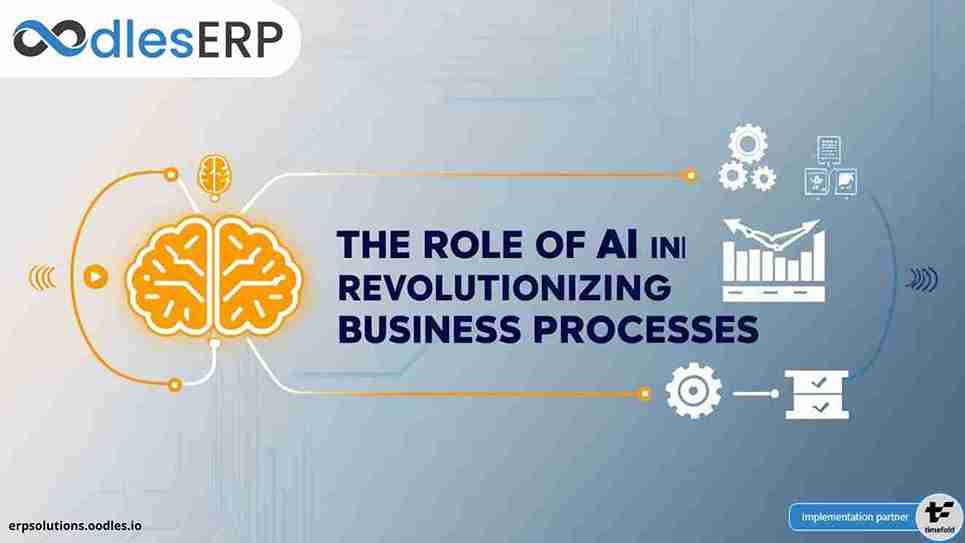Maximizing efficiency and fostering strong client relationships are essential in an ever-changing real estate market. This is where Enterprise Resource Planning (ERP) systems come into play. ERP software centralizes and streamlines numerous operations, from managing properties to handling client relations, making it a game-changer for real estate businesses. Below, we dive deep into how an ERP system can bring transformative benefits to property management and client relations.
Streamlined Property Management for Enhanced Efficiency
Centralized Data Management
One of the primary challenges in real estate is managing vast amounts of data associated with properties, tenants, leases, and contracts. An ERP system consolidates all this data in a single, unified platform, making it easily accessible and manageable. Data centralization eliminates redundancies and ensures that property managers and staff can quickly retrieve critical information, boosting productivity and minimizing errors.
Also, Read Custom ERP Application Development For Real Estate Management
Automated Workflows
ERP solutions introduce automation to routine tasks, such as lease renewals, maintenance requests, billing, and more. This automation reduces human errors and saves considerable time and resources. Automated alerts and notifications help managers stay proactive—whether it’s reminding tenants about payment deadlines or notifying them of upcoming maintenance work. The result is a smoother property management process that maintains tenant satisfaction.

Efficient Property Listings
Managing property listings manually can be a time-consuming process prone to errors. ERP software enables seamless integration and updating of property listings across various channels. With real-time updates, potential clients have access to accurate information, enhancing transparency and trust in your services.
Improving Client Relations Through ERP Systems
Personalized Client Communication
ERP systems offer a holistic view of each client, tracking interactions, preferences, needs, and more. This allows real estate agents to tailor their communication and engagement strategies, making clients feel valued and heard. By using client data effectively, ERP systems enable personalized emails, offers, and recommendations, nurturing stronger relationships and driving client loyalty.
Also, Read ERP Software Development For Real Estate
Efficient Query and Complaint Resolution
Client satisfaction hinges on how quickly and effectively their issues are resolved. With an ERP system, client queries and complaints can be logged, tracked, and assigned to appropriate personnel for swift action. This streamlines the entire resolution process and ensures timely responses, fostering trust and transparency. Moreover, managers can monitor complaints trends, identifying and addressing recurring issues proactively.
Seamless Collaboration Across Departments
In real estate, collaboration between departments—such as sales, marketing, and property management—is essential. ERP software promotes seamless collaboration by providing a single source of truth for all departments—improved internal communication results in better coordination and faster decision-making, which ultimately benefits the client.
Enhanced Financial Management Capabilities
Real-Time Financial Tracking
Real estate companies deal with complex financial transactions, including property sales, rentals, commissions, and more. ERP systems provide real-time tracking of financial data, enabling companies to keep a close eye on cash flow, expenditures, and profits. Up-to-date financial reports offer insights that help management make informed decisions.
Automated Invoicing and Payments
Manual invoicing is prone to delays and errors. ERP systems automate the generation and distribution of invoices, reducing billing cycle times. Clients can also benefit from automated reminders for due payments, improving cash flow predictability for real estate companies. Integration with multiple payment gateways simplifies the payment process, enhancing the customer experience.
Data-Driven Decision Making
Advanced Analytics and Reporting
ERP systems come equipped with robust analytics capabilities that help real estate professionals make data-driven decisions. Customizable dashboards offer real-time insights into key performance indicators (KPIs), such as occupancy rates, sales figures, and client engagement levels. This level of insight allows companies to fine-tune their strategies, ensuring they remain competitive in the market.
Predictive Analysis for Market Trends
Using historical data, ERP systems can forecast market trends and tenant behaviors, offering invaluable insights for strategic planning. Predictive analysis helps property managers anticipate demand, set optimal rental rates, and tailor services to market needs, thereby increasing overall profitability.
Boosting Tenant and Client Satisfaction
Self-Service Portals
Modern ERP systems often include self-service portals for tenants and clients. These portals empower clients to view their account details, make payments, log requests, and track maintenance issues independently. Providing this level of access enhances convenience and reduces the need for direct intervention, ultimately improving the overall client experience.
Proactive Maintenance Scheduling
Preventative and proactive maintenance can prevent costly repairs and keep properties in excellent condition. ERP systems can automatically generate maintenance schedules and send alerts, ensuring all upkeep tasks are completed on time. Well-maintained properties lead to happier tenants and fewer complaints, strengthening the relationship between property managers and clients.
Also, Read Connecting with Clients: The Role of CRMs in Real Estate
Compliance and Security Features
Adherence to Legal and Regulatory Standards
The real estate sector is heavily regulated, with numerous compliance requirements. ERP solutions come equipped with features that ensure businesses remain compliant with industry regulations. This minimizes legal risks and fines while maintaining a transparent and ethical business process.
Enhanced Data Security
Sensitive client and property data must be protected. Modern ERP systems provide robust security measures, including data encryption, user authentication, and permission-based access. With these security measures in place, clients can trust that their data is handled with the highest levels of security.
How Oodles ERP Can Help
At Oodles ERP, we specialize in providing tailored ERP solutions to streamline property management and improve client relations in the real estate sector. Our expertise covers everything from automating property listings and financial tracking to enhancing tenant experiences through personalized communication. Partner with Oodles ERP to leverage the full potential of ERP systems and elevate your real estate business to new heights of success.









